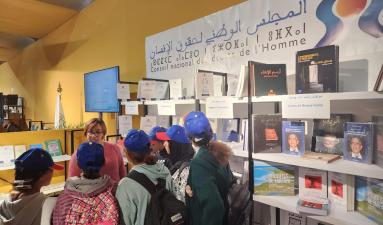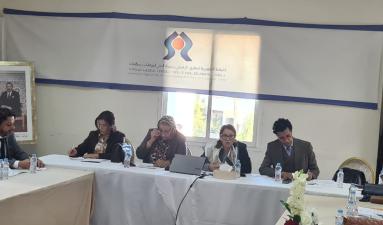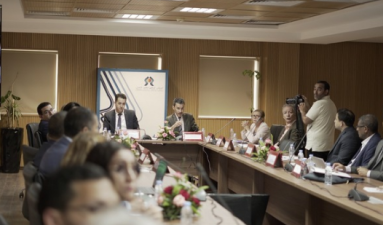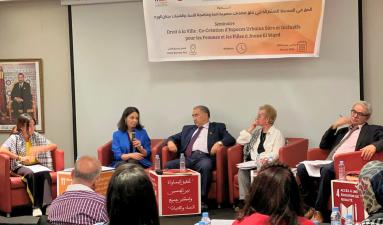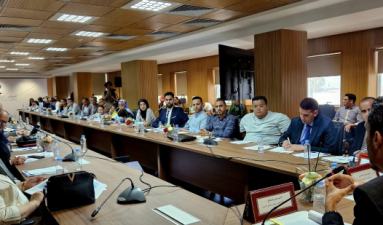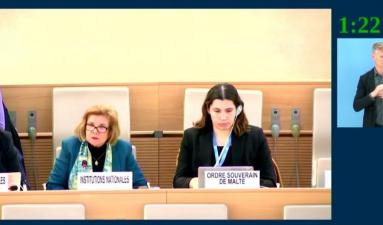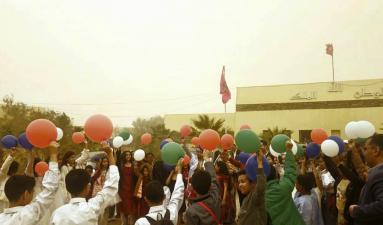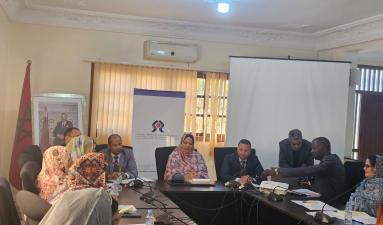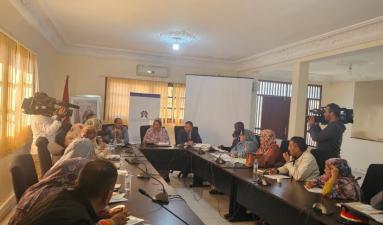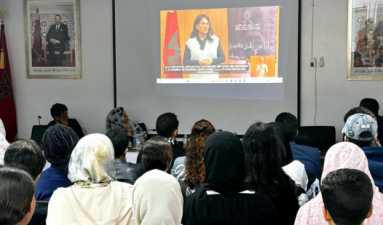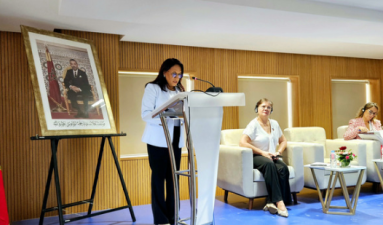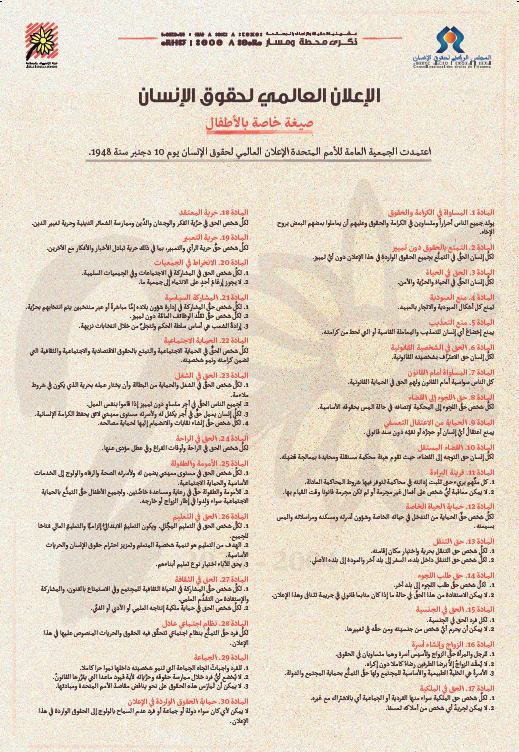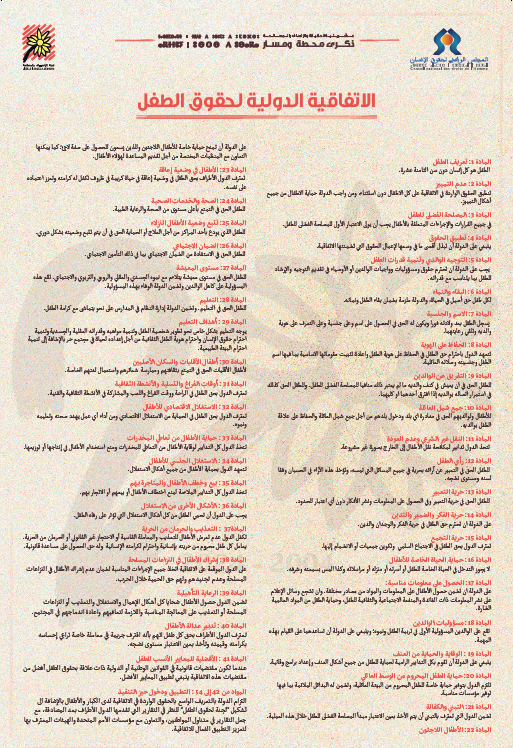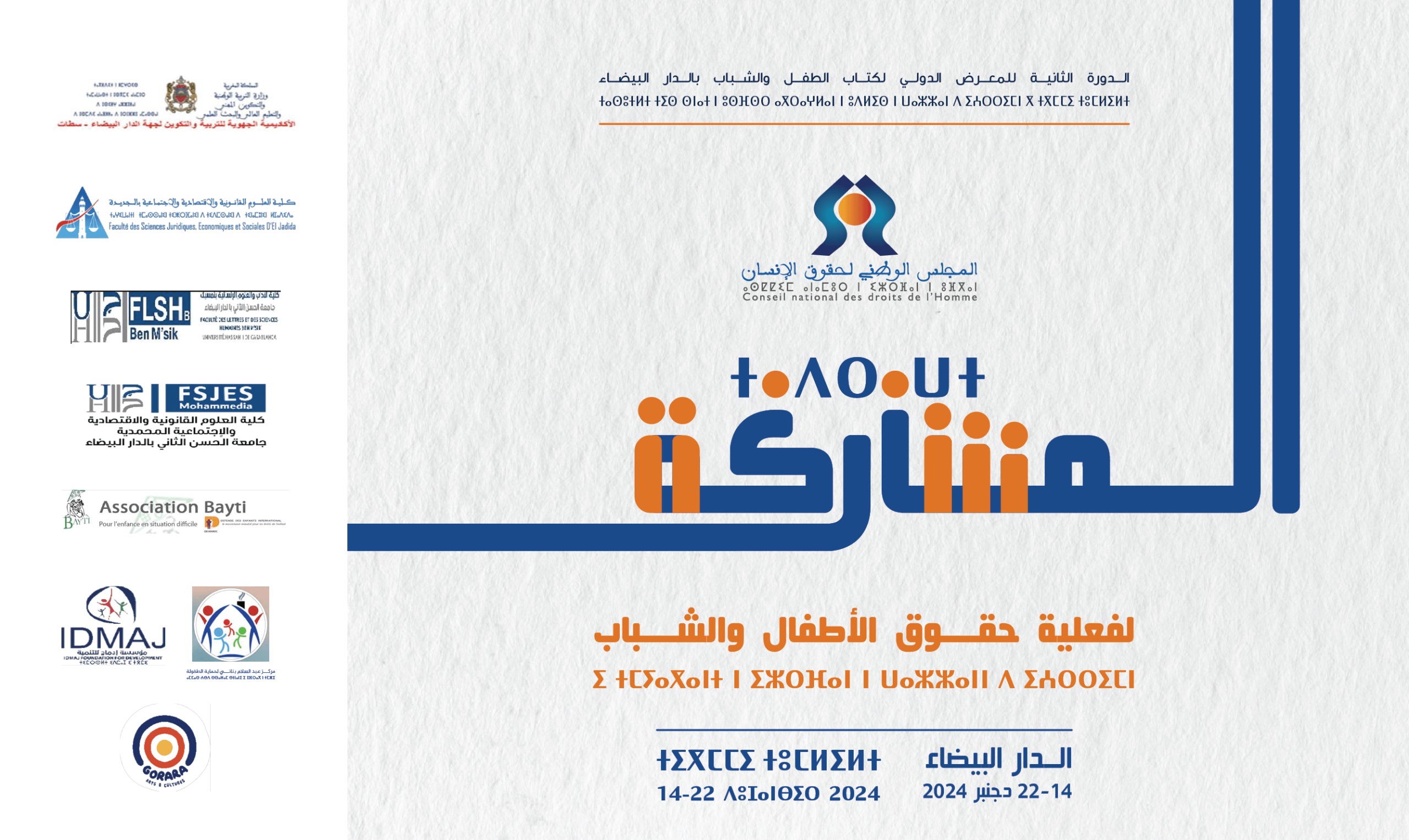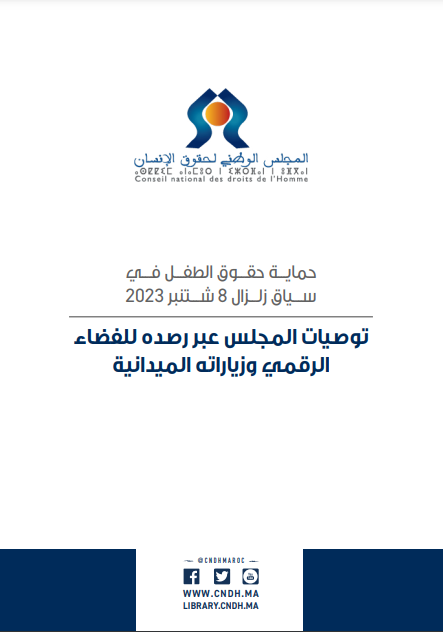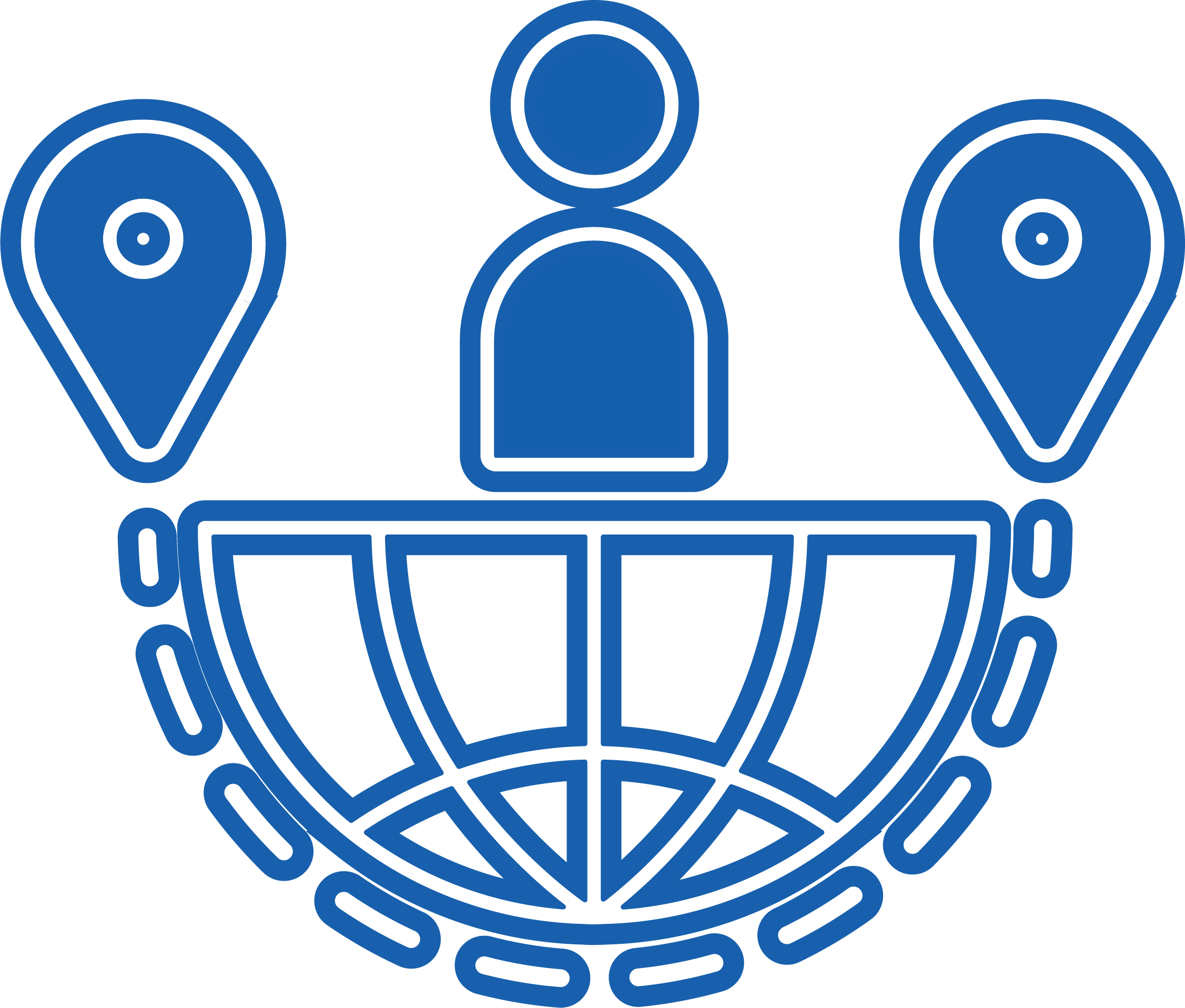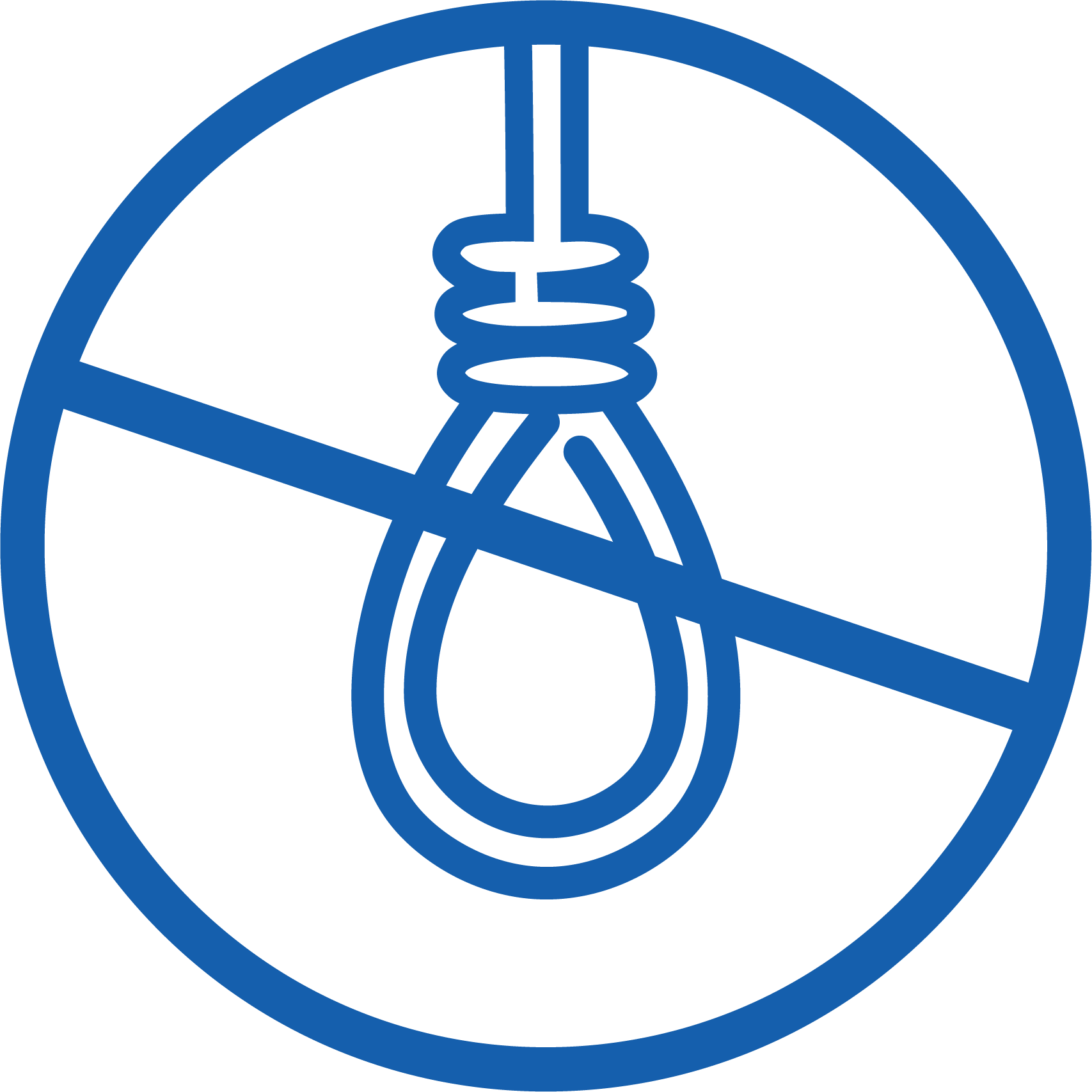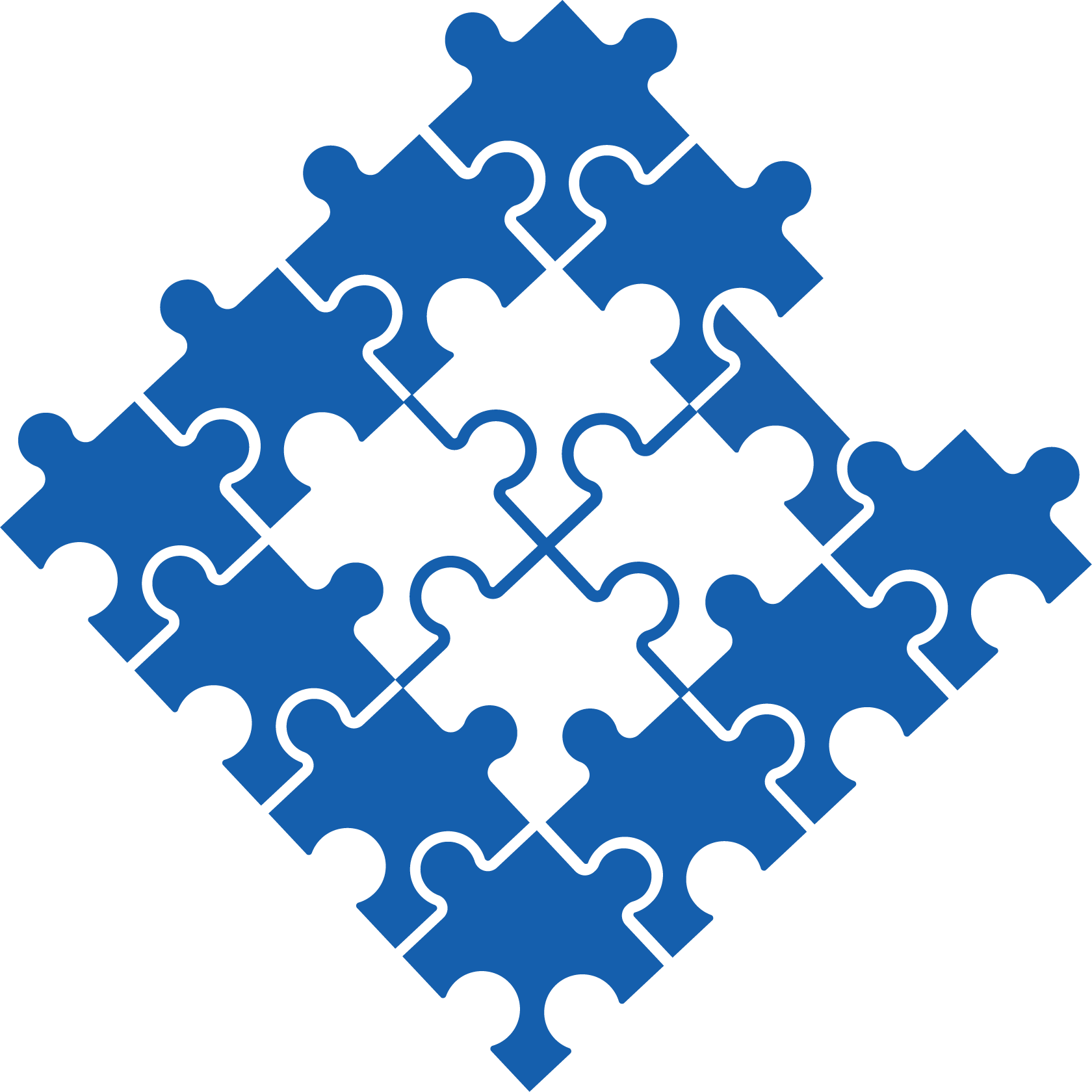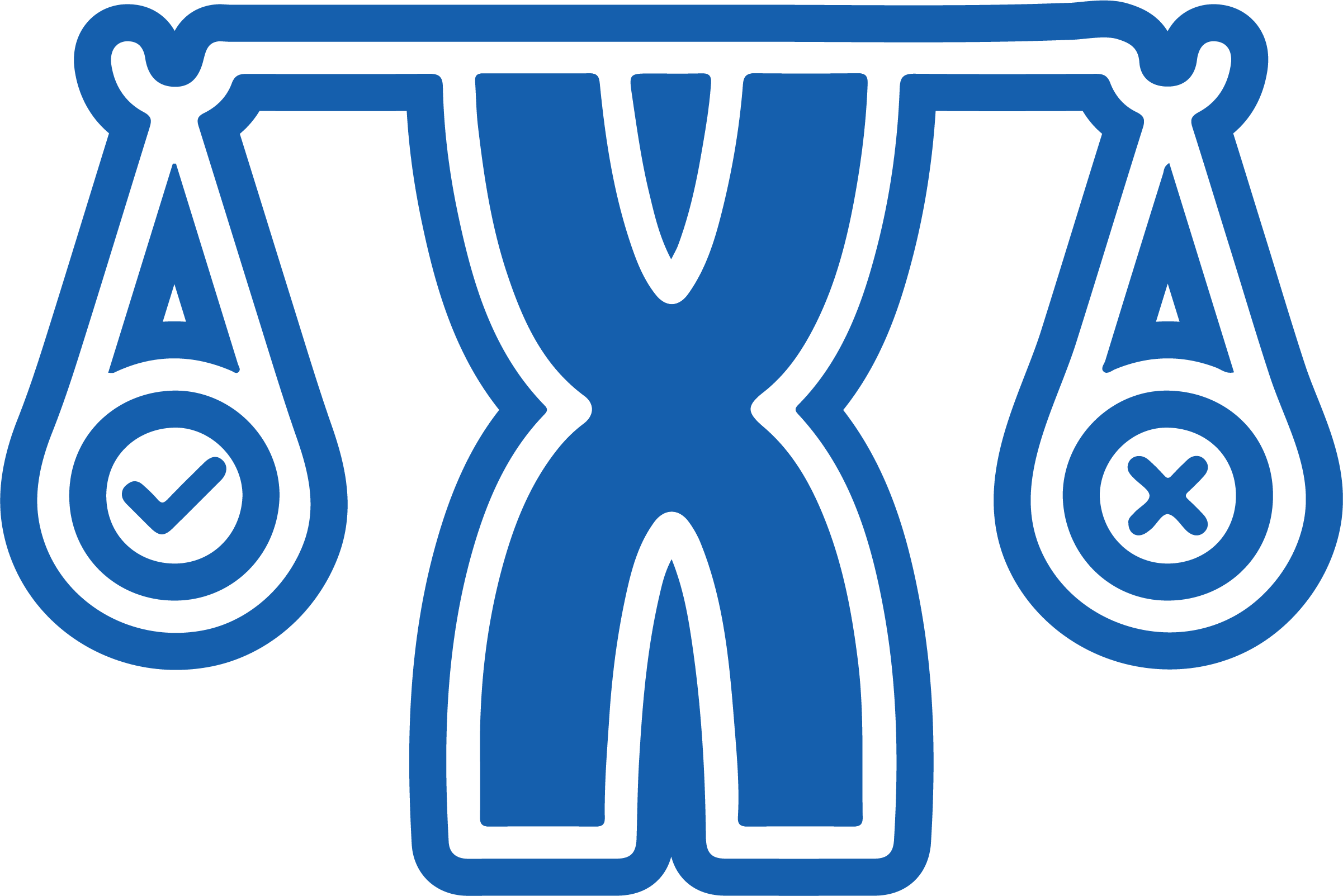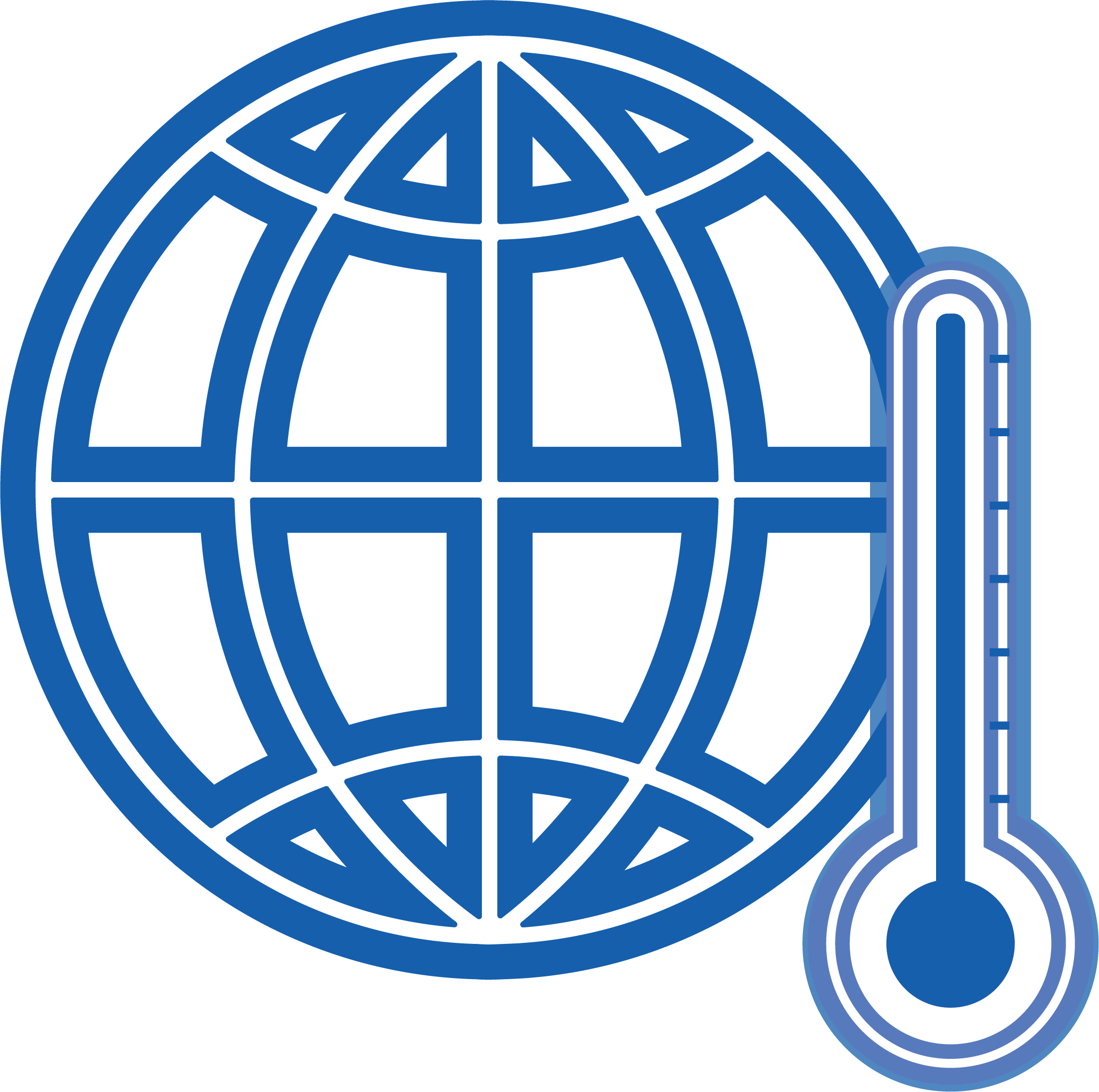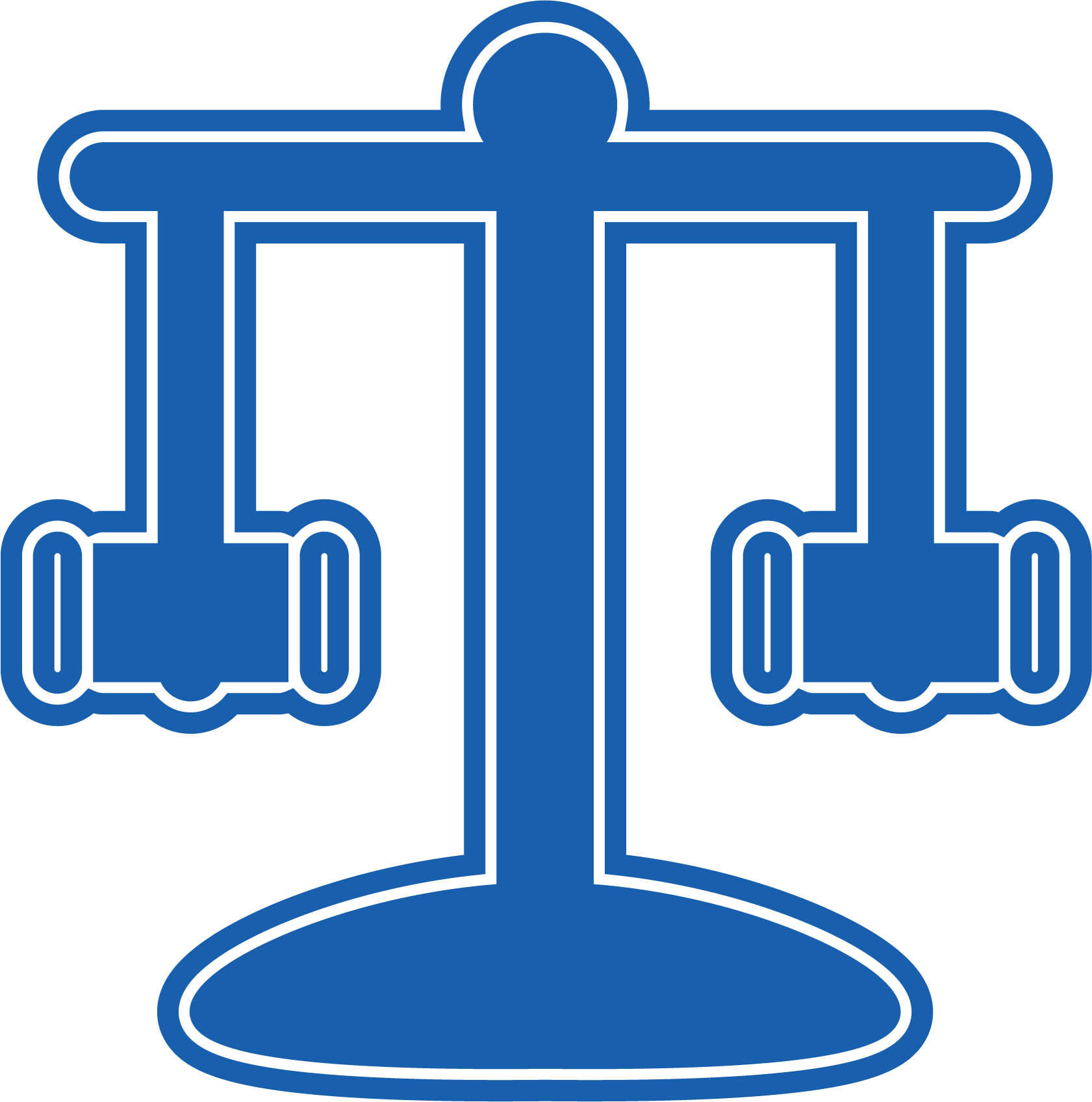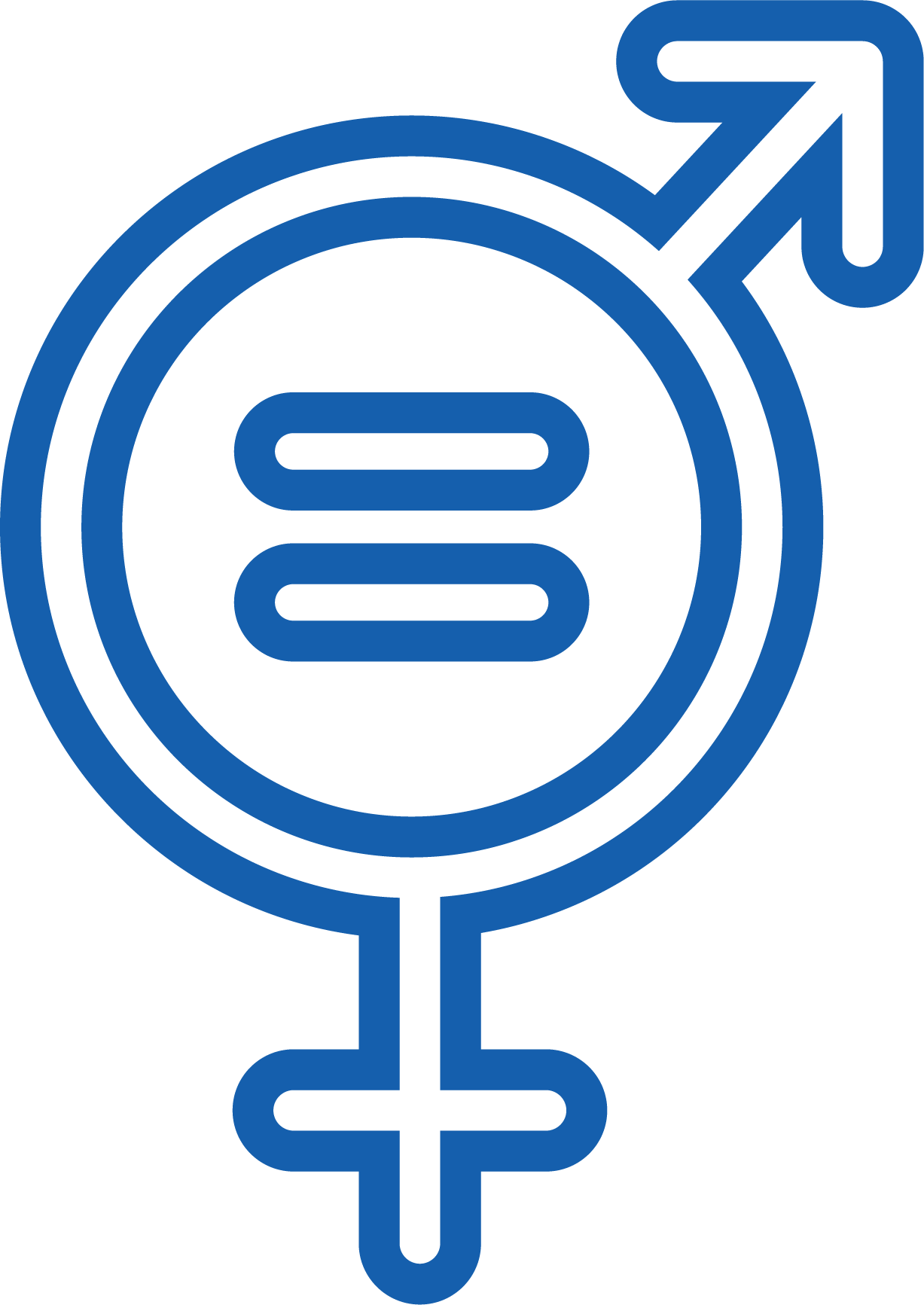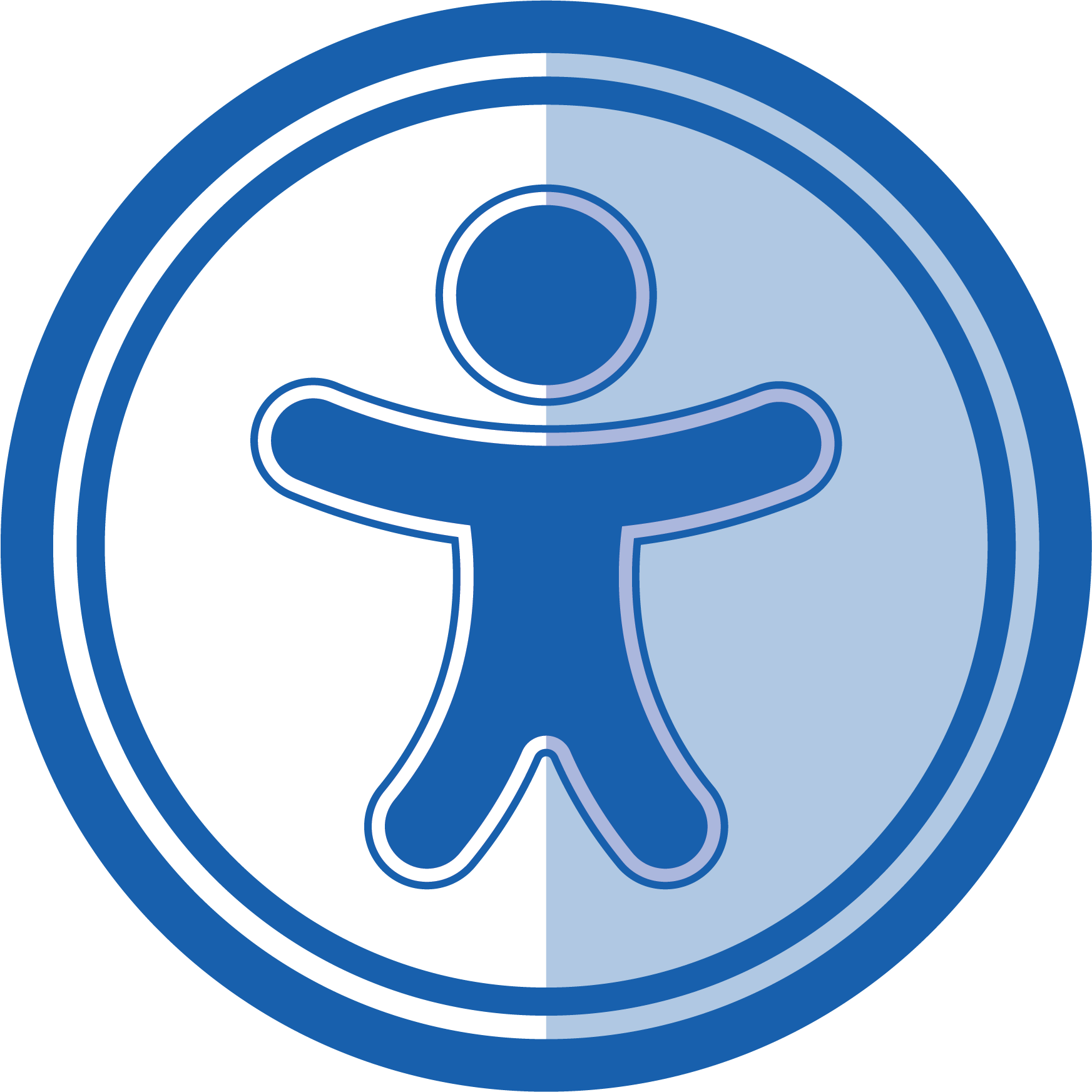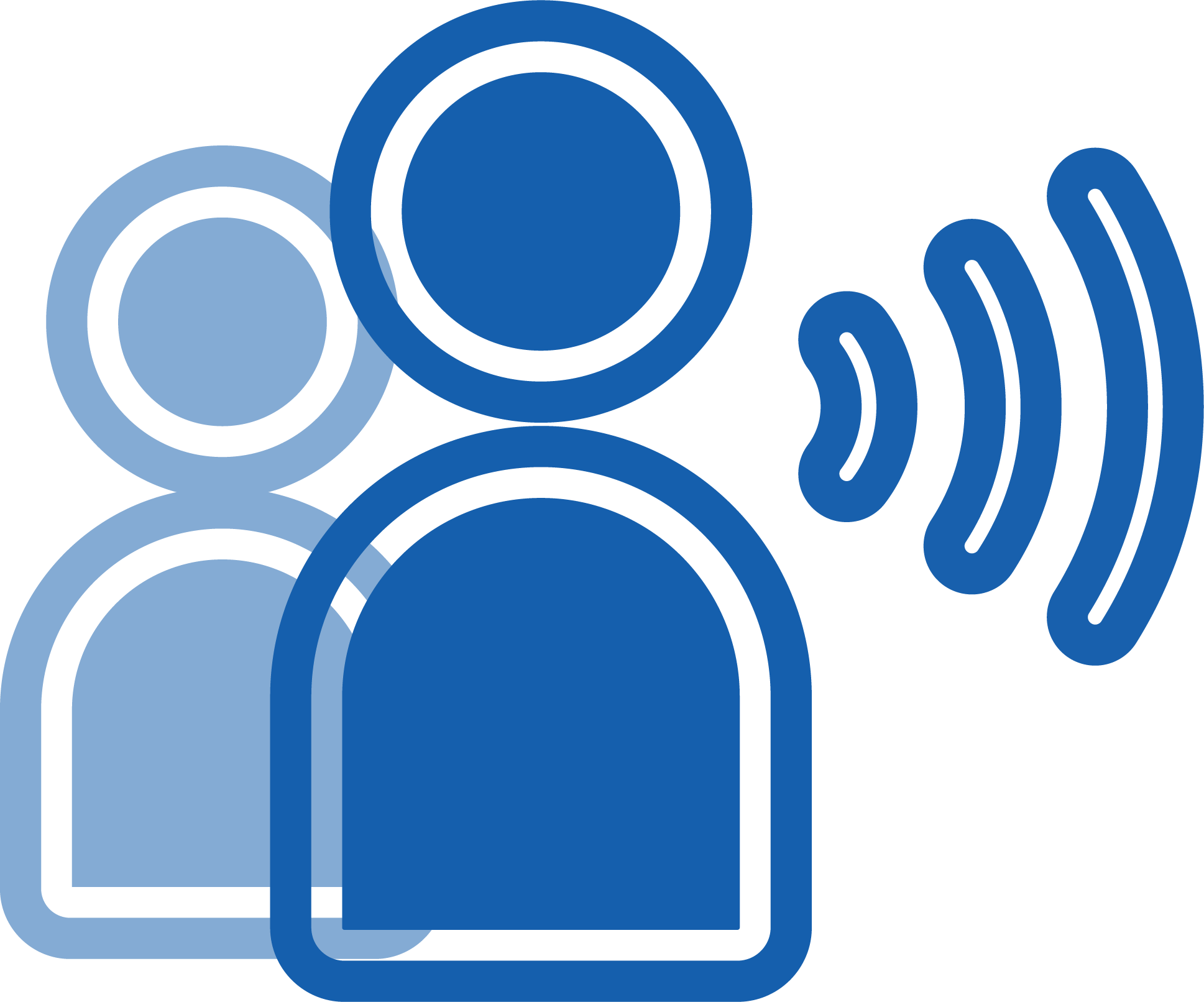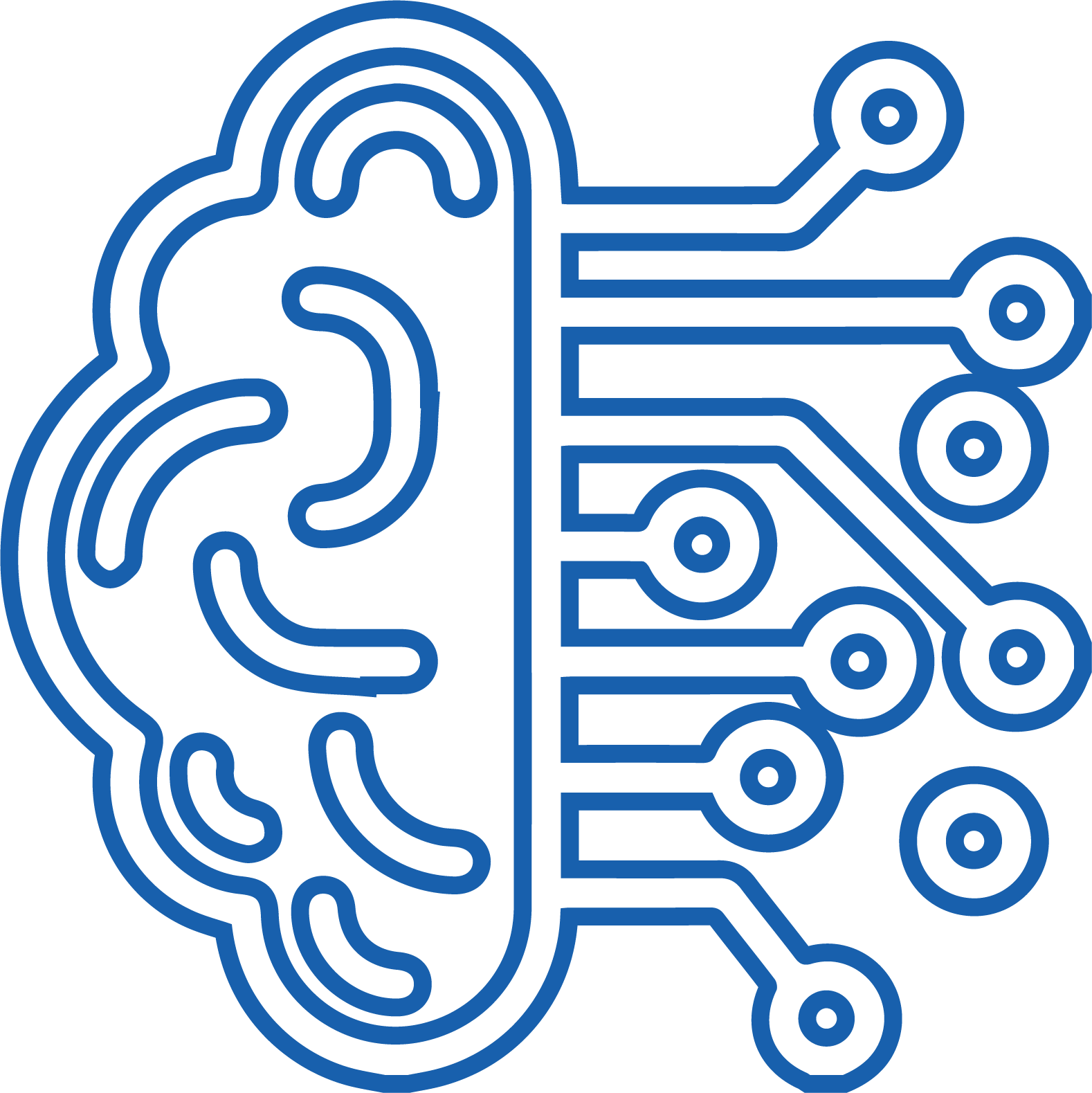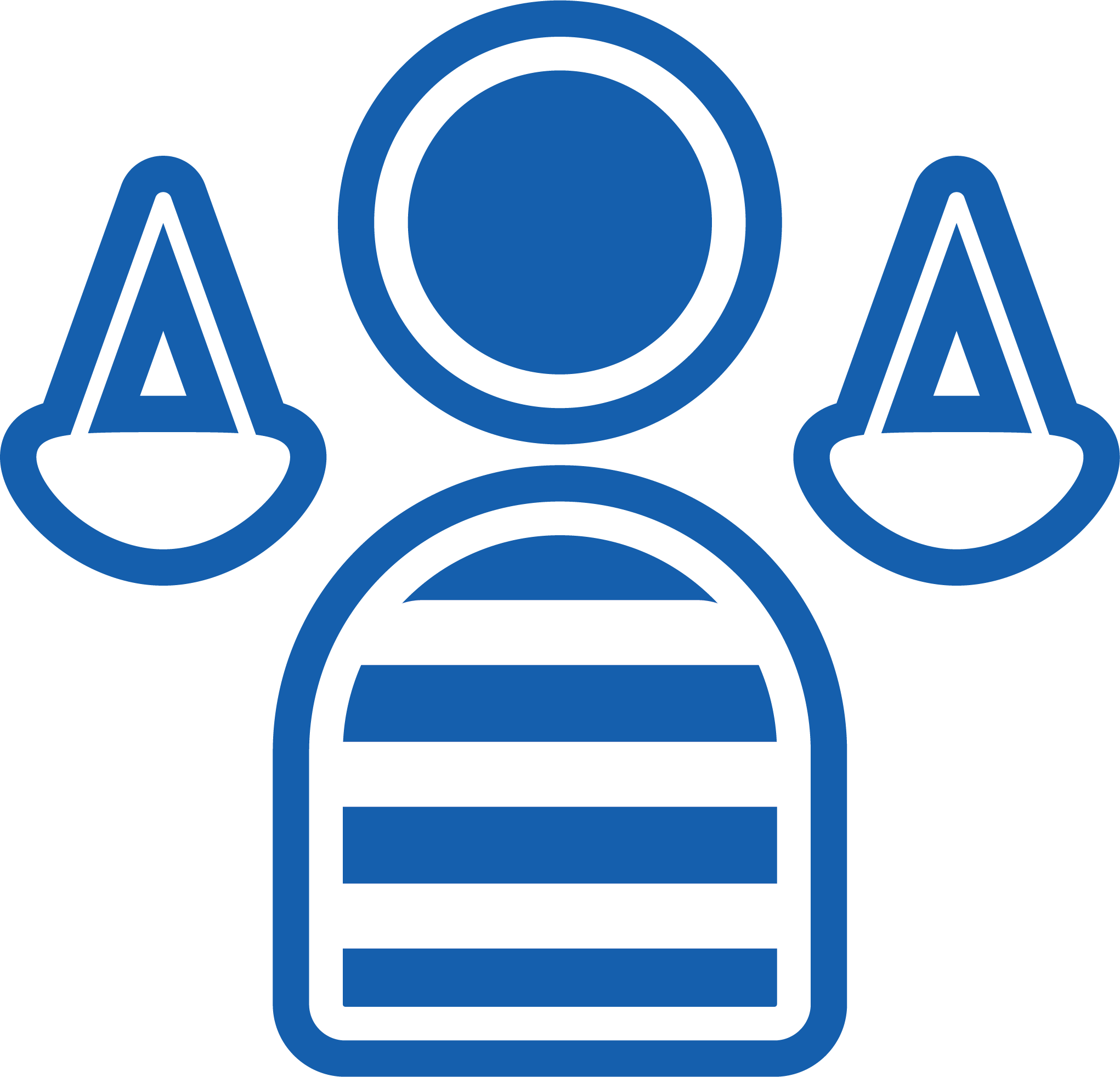Rights of the Child
Within the framework of its mandate outlined in Law No. 76-15, the National Human Rights Council (CNDH) fulfills its mission of protecting and promoting children's rights while preventing potential violations in line with its strategy founded on the effectiveness of rights.
CNDH advocates for the institutionalization of children's participation, placing it at the core of all its relevant activities and programs. It also advocates for the harmonization of national legislation on child rights with international instruments ratified by Morocco.
As part of its commitment to engage with children, the Council hosts meetings and consultations, providing a platform to hear their concerns and suggestions. Under the theme "I decide my fate," CNDH launched a series of regional consultations, launched by Ms. Amina Bouayach, CNDH Chairperson. These meetings aim to promote the principle of children’s participation, a fundamental aspect of the International Convention on the Rights of the Child, and collect insights on the protection and promotion of their rights. The gathered information will be incorporated into a report submitted to the United Nations Committee on the Rights of the Child (CRC) alongside the national report.
The Council also hosts children annually at the International Publishing and Book Fair (SIEL), offering them a platform to engage in open meetings, artistic workshops and cultural activities within its pavilion, fostering their participation in human rights discussions.
CNDH has a National Redress Mechanism for Children, dedicated to safeguarding all categories of children in Morocco from violations without discrimination. This mechanism adheres to the guidelines of the United Nations Committee on the Rights of the Child, particularly those outlined in general comments 2 and 5. It operates under an ethical charter grounded in key international documents such as the Universal Declaration of Human Rights (1948), the Declaration of the Rights of the Child (1959), the Convention on the Rights of the Child (1989) and its optional protocols, as well as the Kingdom's Constitution.
The law on the Council’s reorganization has outlined the responsibilities of this mechanism, which include:
Receiving complaints directly from child victims, their legal representatives, or third parties;
Conducting investigations into received complaints, analyzing them and making informed decisions accordingly;
Holding hearings involving relevant parties, such as witnesses, experts and others pertinent to the complaint;
Taking proactive measures to address any breaches or violations of children's rights.


